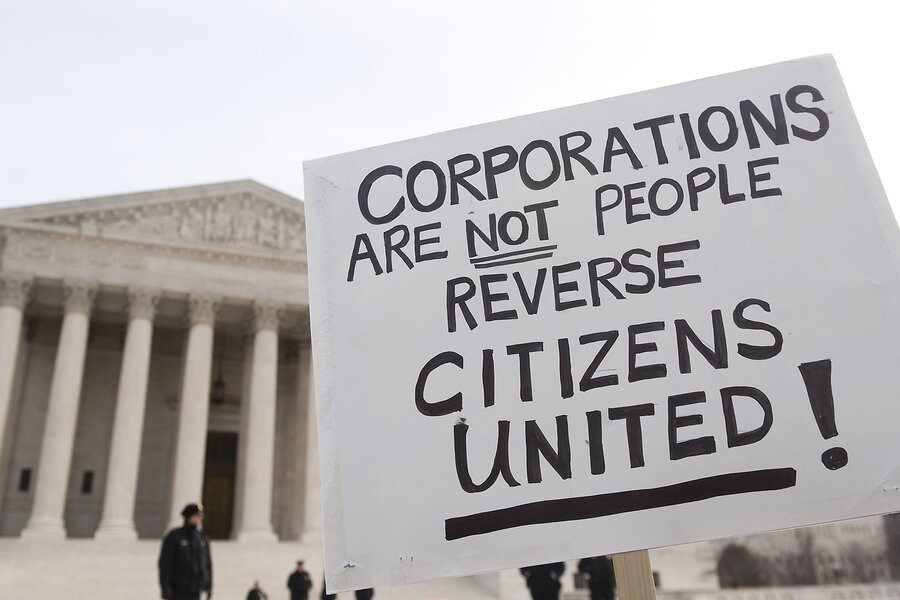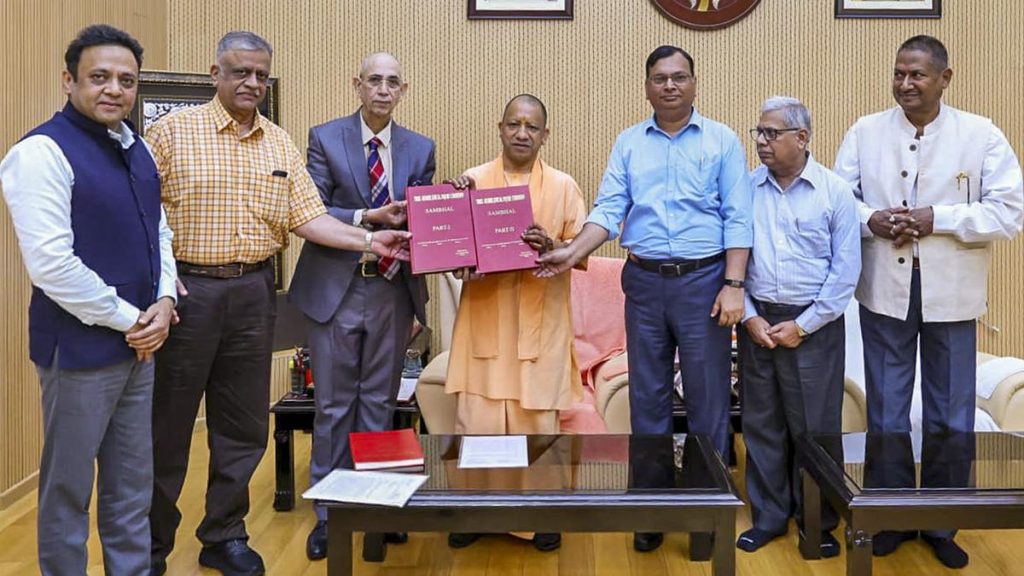Now Reading: Amid Rising Campaign Spending, States Move to Set Limits
-
01
Amid Rising Campaign Spending, States Move to Set Limits
Amid Rising Campaign Spending, States Move to Set Limits

Quick Summary
- Citizens United impact: Since the 2010 ruling, corporations have constitutional free-speech rights to spend money on elections; this led to a massive increase in political spending by super PACs, which spent $2.7 billion in the 2024 election cycle.
- Pushback attempts: states like maine and Montana are working to limit campaign contributions and regulate corporate/dark money groups’ influence.
– maine passed a ballot initiative limiting contributions to super PACs at $5,000 per person for state elections and mandating full donor disclosure.
– This law was deemed unconstitutional by a federal judge citing First Amendment concerns raised in Citizens United.
– Reform advocates aim for appeals that may reach the U.S. Supreme Court.
- Montana’s Initiative: Montana seeks broader reform with a proposed constitutional amendment for its 2026 ballot aiming to curb corporate and dark money spending entirely, challenging Citizens United indirectly through state-level corporate law changes.
Indian Opinion Analysis
Maine’s approach highlights growing resistance from states hoping to counteract federal campaign finance norms established by Citizens United. While limited in scope (applying primarily within state boundaries), its efforts symbolize frustration over unchecked political funding mechanisms that dilute voter influence and raise corruption concerns. The controversy surrounding the constitutionality of such measures reflects an ongoing clash between interpretations of free speech rights versus political integrity safeguards.
Montana’s proposed initiative takes this challenge further; targeting corporate “powers” rather than their “rights” offers an innovative legal path but faces skepticism about its viability under current federal judicial precedent. These state-level efforts coudl inspire broader movements across other democracies grappling with similar issues involving electoral openness and special interests-a topic India might find increasingly relevant as economic corporatization intensifies globally.



























